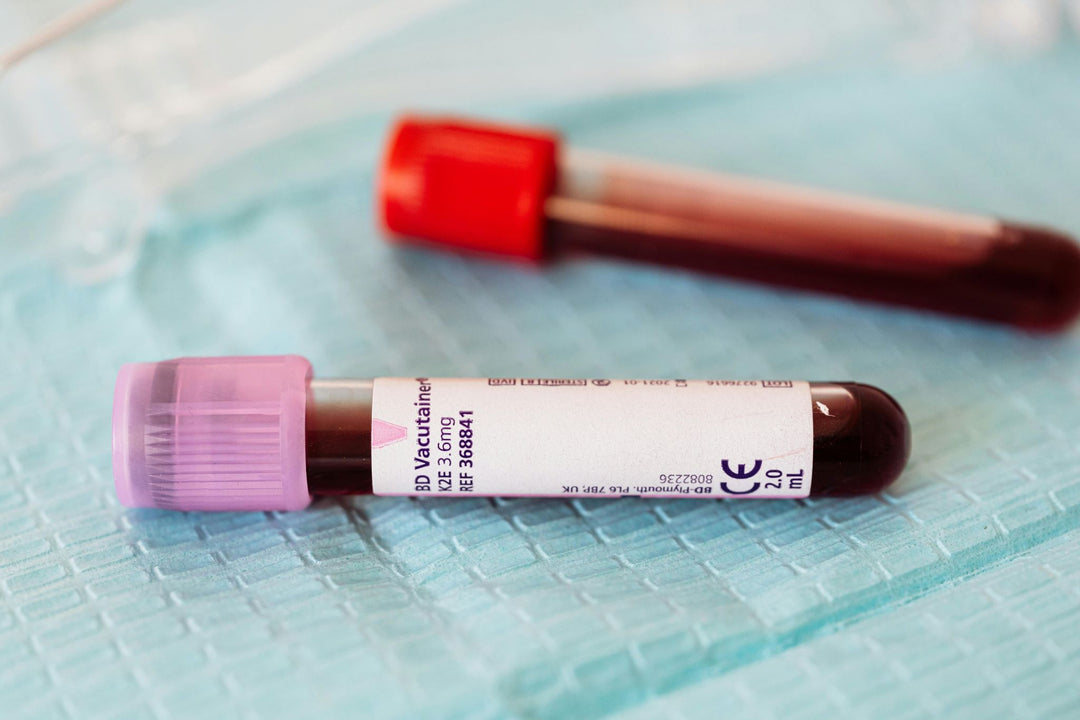Syphilis - symptoms, treatment and prevention
Syphilis, also known as Lues or formerly as the French disease, is a sexually transmitted infection caused by the bacterium Treponema pallidum, affecting both men and women. The disease progresses through several stages and can manifest diverse symptoms, such as sores or rashes in various body areas, and, in the advanced stage, can damage the nervous system and other organs.
The Diversity of Symptoms
Symptoms of syphilis vary depending on the stage of the disease. In the initial stage, the so-called "hard chancre" often appears, a painless sore at the site of contact, whether on the genitals or in the mouth. This sore often heals on its own, but the disease, if left untreated, remains active.
In the secondary phase, which can occur weeks or months after the primary infection, a rash may develop, affecting the entire body, including the palms of the hands and soles of the feet. Additional sores in the mouth, genitals, or throat are also possible. The disease can be transmitted to others during this phase.
Without treatment, the disease can progress to the tertiary stage, which can occur years after infection. Severe effects on the heart, nervous system, and other organs may occur. Neurosyphilis, a form of the disease affecting the nervous system, can lead to symptoms such as headaches, mental confusion, and coordination problems.
Transmission Routes and Contagion Risk
Syphilis can be transmitted through direct contact with sores or through unprotected sexual intercourse, including oral sex. Even kissing can lead to transmission in the early stages when sores are present in the mouth. During pregnancies, a mother can transmit the disease to her unborn child, leading to serious health complications.
Treatment Options
Fortunately, syphilis is highly treatable today. Penicillin is the preferred antibiotic for treating the disease in all stages. It is essential to carry out the treatment according to the doctor's instructions to prevent complications and fully cure the disease. Regular follow-up examinations and tests are also necessary to ensure that the infection has been successfully treated.
Modern medical advances have also led to fast and reliable syphilis self-tests available in pharmacies or even online. These tests can enable early diagnosis and promote prompt treatment.
Prevention
Despite advances in medical care, it is crucial to understand that untreated syphilis can cause severe health complications and can even be fatal, especially in the final stage when the face and nervous system are affected. To prevent the spread of this sexually transmitted infection, education about safe sex, regular testing, and protection against sexually transmitted diseases are of great importance.



















